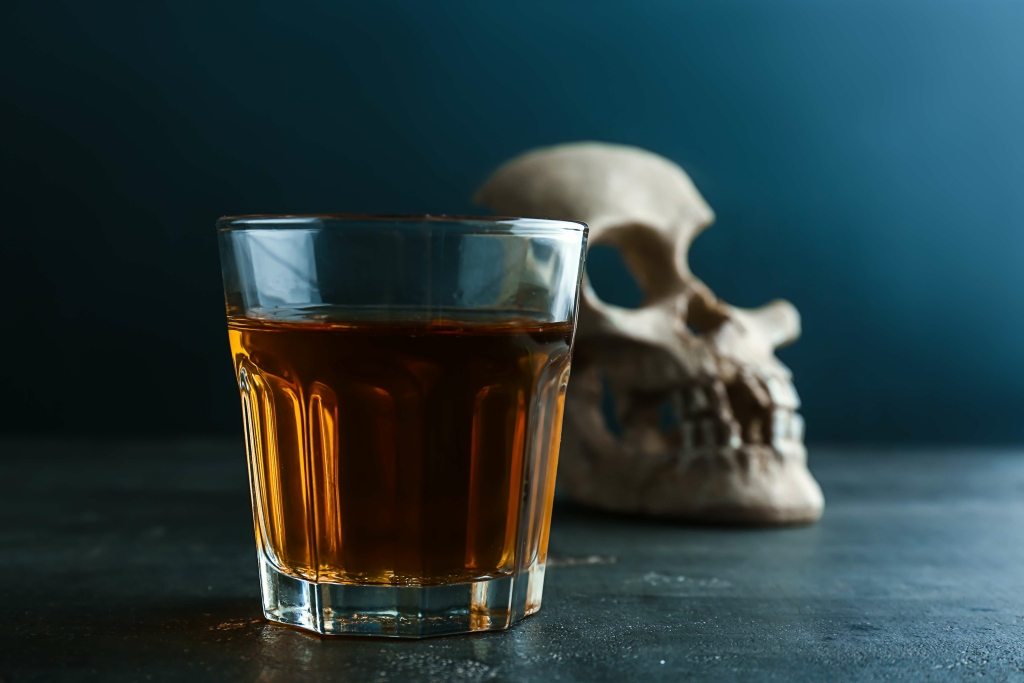Content
A mental health professional can help you work through your anger and identify any underlying mental health conditions that may be a contributing factor. With anger management and other treatments, you can get your anger under control. Future studies should evaluate the effect of both trait and state anger on substance use treatment outcomes. Such studies may be able to examine which aspects of anger are the most detrimental to substance use treatment outcomes. Landmark Recovery was founded with a determination to make addiction treatment accessible for all.
In Media Arts from Montana State University and later completed her graduate studies in Addiction Counseling there as well. She works as an addiction counselor in Montana and began working as a recovery coach at Tempest in March 2022. Adrienne is committed to reducing the stigma that surrounds addiction and recognizes the complex emotional and environmental factors that contribute to substance use disorders and behavioral addictions.
Who is at Risk of Becoming an “Angry Drunk?”
Through our integrated treatment programs, we’ve helped thousands of people choose recovery over addiction and get back to life on their own terms. We’re on a mission to save one million lives over the next century. We encourage all those struggling with substance use to alcoholism and anger seek professional help. There can be negative thoughts or experiences when recovering alcoholics compare their old heavy drinking lifestyle to their new sober lifestyle. As a result, addicts experience feelings of discontent, emptiness, and often are full of anguish.
Because of the use of multiple comparisons, we set the level of significance at .01 rather than .05 in the chi-square analyses for a more conservative interpretation of results. This study used data from the Drug Abuse Treatment Outcome Study for Adolescents (DATOS-A) for secondary analyses, which was sponsored by the National Institute on Drug Abuse . DATOS-A was designed to evaluate the effectiveness of various substance use treatments (short-term inpatient, residential, and outpatient drug-free) among adolescents from 1993 through 1995. The DATOS-A data set included assessments at multiple time points; for the current study, we examined data from the intake interview (i.e., pre-treatment) and at the 12-month follow-up post-treatment. All interviews were completed in-person by trained interviewers that were not affiliated with the treatment clinics (Kristiansen & Hubbard, 2001).
Addiction Treatment Services
An anger problem arises when we express our natural anger in ways that are harmful or unproductive in solving the dilemmas at hand. The important thing is to trace the steps back from your outburst and identify what sets you off. Drinking gives us lowered inhibitions and causes us to engage in some less than stellar behavior. “Dry drunk” is when you engage in this type of behavior without drinking. In other words, if you have poor impulse control, difficulty reading situations, or invasive behavior, you could be prone to angry drunk behavior when you are actually drinking.

Reflecting on why someone acts the way they do can help us cultivate compassion and empathy; which ultimately helps us find some peace. Not only that, every time we stay in control of our own emotions and deal with our own pain and anger in healthy ways, we take control of our immediate situation. It’s empowering to feel in control of our emotions and behaviors; it just takes patience and practice. When drinking, alcoholics are unreasonable, unpredictable, hostile, sad, self-serving, aggressive, socially inappropriate, embarrassing, and manipulative. They often resort to anger and aggression when they don’t get their emotional and physical needs met. Then they are sober , and then they find an excuse to start drinking again.
Determining if a Senior Has a Drinking Problem
For over 20 years Dr. Umhau was a senior clinical investigator at the National Institute on Alcohol Abuse and Alcoholism of the National Institutes of Health .
Why do alcoholics get aggressive?
Direct Effects of Alcohol.
Alcohol may encourage aggression or violence by disrupting normal brain function. According to the disinhibition hypothesis, for example, alcohol weakens brain mechanisms that normally restrain impulsive behaviors, including inappropriate aggression (5).
Attempts of log transformation (log [SCR + 1]) had no significant effect on the normality of behavioral and physiological data. Therefore, non-parametric statistical tests were performed to analyze behavioral decision and SCR amplitude during the UG. Resentment is a feeling of anger or persistent ill will, often as a result of some type of injustice or having to accept something you don’t want to accept. Resentments can build among friends and partners, at work, in families, and across identity groups in cases of racism and discrimination. Symptoms of resentment include hyperfocusing on an event that triggers negative emotions, or ongoing feelings of inadequacy, heartbreak, anger or regret. In terms of treatment retention, there were no differences between the High Anger group and Normal/Low Anger group.
What Is Alcohol Use Disorder?
To stop being an angry drunk, you must first identify and accept that you have a problem. Maybe you’ve heard from friends or a significant other that you become angry or hostile while drinking. Once you’ve accepted that you have a problem, you can begin to understand and remedy the situation. Trained Emergency Physician who has practiced for 15 years and also had guided alcohol and drug addiction programs for the past 20 years. These programs organize your treatment session based on your schedule. The goal of outpatient treatment is to provide therapy, education, and support in a flexible environment.
- Support groups can be the first step towards recovery or part of a long-term aftercare plan.
- Attending one-on-one therapy with a licensed therapist can help you work through anger issues in a more private setting.
- At a behavioral level, AD rejected unfair offers more frequently than controls, which replicate findings from the previous UG study in alcohol-dependence (Brevers et al., 2013).